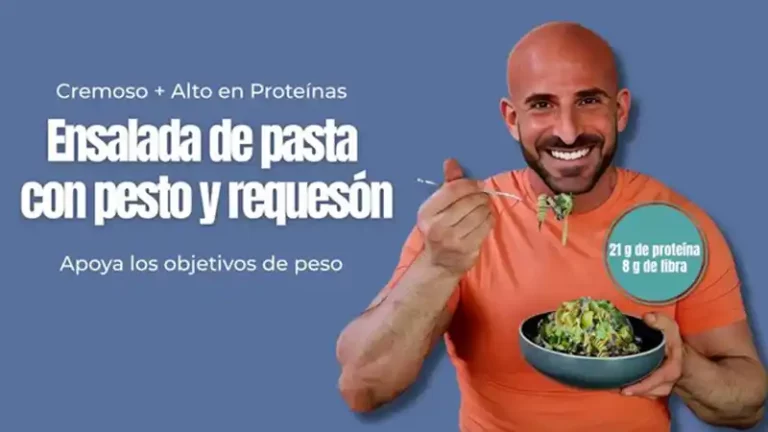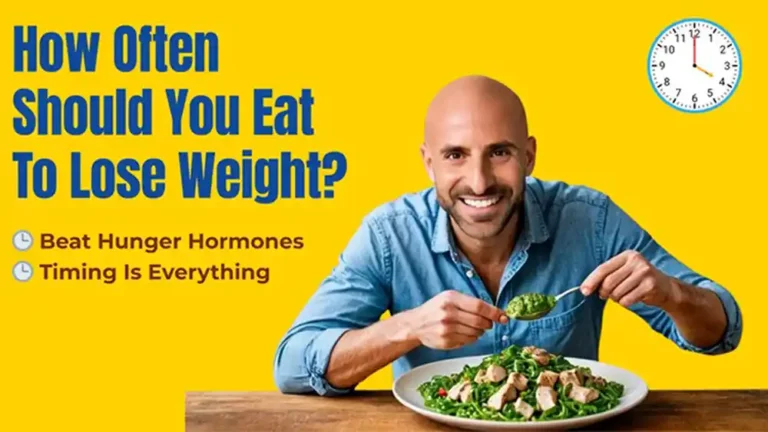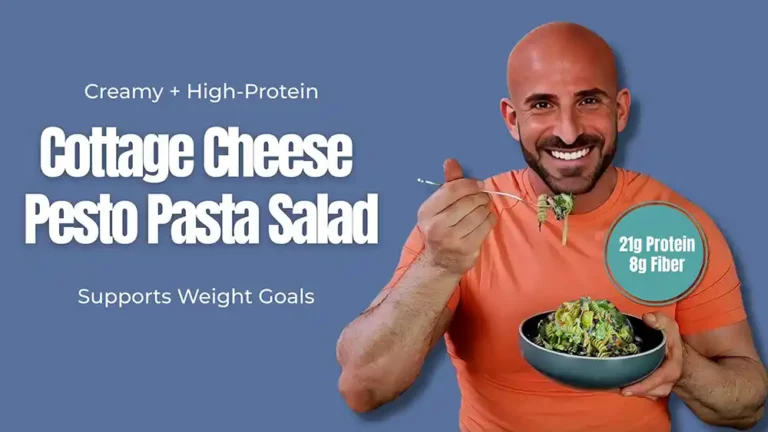
You start a new fitness routine, and feel great knowing how many hours you can put in at the gym each week. But how much cardio is too much? Especially for weight loss. Here’s what you need to know.
“You have to do cardio” is a phrase that I as a personal trainer grit my teeth at whenever I hear people talking about losing weight. For as long as I can remember, “gurus,” magazines and the media have drilled into our heads that the key to weight loss is cardio, cardio and more cardio.
Now, don’t get me wrong. Cardio is a wonderful thing for general health (especially heart health) and can be an amazing tool for burning fat…when done correctly. However, it is possible to get too much of a good thing and, if you overdo it, you could end up even fatter than when you started, studies show.
Out of all of the crazy stuff you see in the gym from powerlifting to boxing to agility and super-fit people lifting super-heavy weights, not only is cardio the least intimidating (especially if you are just starting a fitness journey), but there is research that supports the power cardio has on weight loss, especially in the form of high intensity interval training. There are numerous studies that show that this short, but intense exercise burns more body fat lower intensity, but longer exercise and is most effective at getting rid of stubborn body fat. Sounds great, huh?
Is an Hour or Two of Cardio Too Much?
However, before you start lacing up your sneakers for a 1-2-hour cardio session at the gym, keep in mind that overdoing it can not only stall your weight loss, but can be hazardous to your wellbeing.
The general recommendation for cardio of any type is about 2-3 hours a week. However, this recommendation is usually for people that are sedentary and not doing much physical activity at all. Not for those that only need to lose about 10-20 pounds and are already active.
So, by adding in another 2-3 hours whether that comes in the form of throwing in a cycling membership, signing up for a marathon or going to every cardio class they can fit in their schedule, isn’t necessarily going to help them lose more weight.
What Happens When You Overload Your Body with Exercise?
But why? If moderate cardio is effective, wouldn’t a lot of cardio be more effective? Unfortunately, the body doesn’t work that way. If you start overloading the body with exercise, whether it be too much of just cardio or too much of a combination of cardio and resistance training, you get a rise of the hormone cortisol.
This causes you to hold onto fat as a defense mechanism, and this fat is usually stored in your belly. It also causes you to retain water and bloat which at this point people freak out and start to do more cardio to lose their belly, creating a vicious cycle.
When Does it Become Overtraining?
If you really start pushing the limits, you’ll experience symptoms of overtraining. Basically, if you experience any of the following, then your body is breaking down from too much cardio:
- having trouble sleeping or waking up
- getting sick easily
- are sore all of the time
- feel more irritable than usual
Cardio and Lean Muscle Mass
Another thing to note is that cardio does not preserve your muscle which, believe it or not, is just as important as losing fat. When we set out to lose weight, we want to lose fat, not muscle, right?
However, excessive cardio causes us to break down both which is not only another cause of a rise in cortisol which stalls weight loss, but muscle loss also causes a drop in metabolism which will also hinder your weight loss in the long term.
Key Takeaways for How Much Cardio is Too Much
The bottom line? More does not always mean better. You should cap your cardio at no more than 3-4 sessions a week and no longer than 20-25 minutes per session, no matter the intensity.
Signing up for marathons and iron man competitions or spending hours on a treadmill is not going to drive weight loss, especially if you are eating away your calorie deficit or overdoing it with your workouts. In the end, my recommendation for a more effective, but healthy fat loss is weight training along with high intensity interval training to get the best of both worlds.
For more individualized guidance, explore Manuel’s custom 4-month weight loss program.





